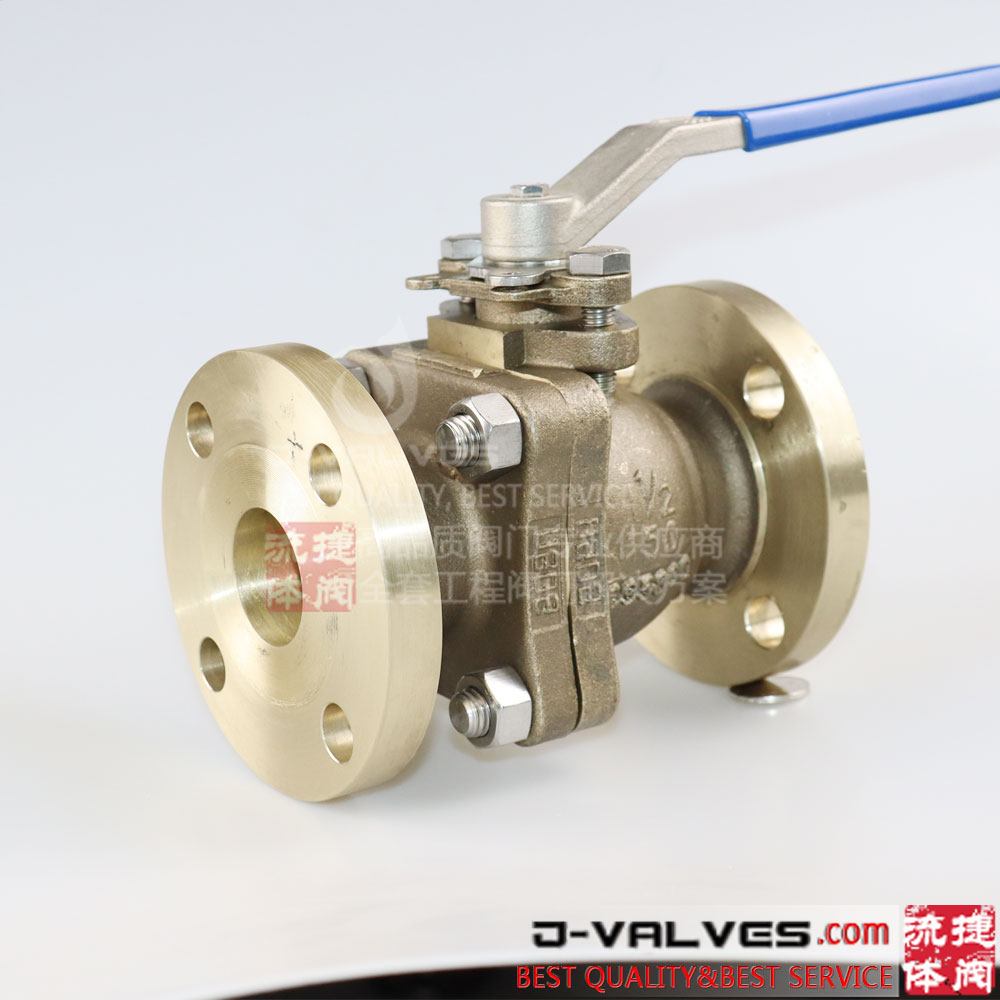Views: 0 Author: Site Editor Publish Time: 2024-04-17 Origin: Site









The process of creating a forged ball valve is both an art and a science, combining the ancient tradition of forging with modern technological advances. Forged ball valves are renowned for their durability, reliability, and ability to withstand high pressures and temperatures, making them a crucial component in various industrial applications.
Forging a valve begins with selecting the appropriate materials. The most common materials used in forged ball valves are stainless steel, carbon steel, and alloy steel. These materials are chosen for their strength and ability to withstand the demanding conditions of industrial use.
Once the material is selected, it undergoes the heating process. The metal is heated to a specific temperature where it becomes malleable, allowing it to be shaped into the desired form. This is a critical step in ensuring the integrity and performance of the forged ball valve.
After heating, the metal is then forged. This involves applying force to shape the metal into the outline of a valve. The forging process can be done using various methods, including hammer forging, press forging, and roll forging. Each method has its advantages, but all aim to produce a dense, homogeneous structure that enhances the valve's strength and durability.
The design of a forged ball valve is pivotal in its function. It must account for the specific needs of its application, such as the type of fluid it will control, pressure ratings, and operating temperatures. Precision in design ensures that the valve will perform effectively under the intended conditions.
In manufacturing a forged ball valve, machining plays a vital role. Once forged, the valve body is machined to achieve the exact dimensions and specifications required. This step is crucial for ensuring that all parts of the valve fit together perfectly, providing a tight seal and reliable operation.
Quality control is another critical aspect of manufacturing forged ball valves. Each valve undergoes rigorous testing to ensure its performance and durability. Tests include pressure testing, leak testing, and operational tests to guarantee that the valve meets all industry standards and specifications.
As technology advances, so do the techniques used in forging valves. One such technique is computer-aided design (CAD), which allows for precise modeling of the valve before it's forged. This ensures that any potential issues can be addressed during the design phase, saving time and resources.
Another advanced technique is automation in forging. Automation allows for more consistent pressure and heat application during the forging process, leading to higher quality forged ball valves. It also increases efficiency, reducing production times and costs.
3D printing is also becoming more prevalent in the creation of prototypes for forged ball valves. This allows for rapid testing and iteration of designs, further improving the quality and functionality of the final product.
Forged ball valves play a critical role in various industries, including oil and gas, chemical processing, and water treatment. Their ability to control the flow of fluids under high pressure and temperature conditions makes them indispensable in these settings.
The durability and longevity of forged ball valves also contribute to their importance. Because they can withstand harsh conditions without degrading, they provide a reliable solution for controlling fluid flow, reducing the need for frequent replacements and maintenance.
In conclusion, the process of forging a valve is intricate and requires expertise in both design and manufacturing. The use of advanced materials and techniques ensures that forged ball valves meet the highest standards of quality and performance, making them a crucial component in industrial operations worldwide. As technology continues to evolve, so too will the methods used to forge these essential devices, further enhancing their efficiency and reliability.